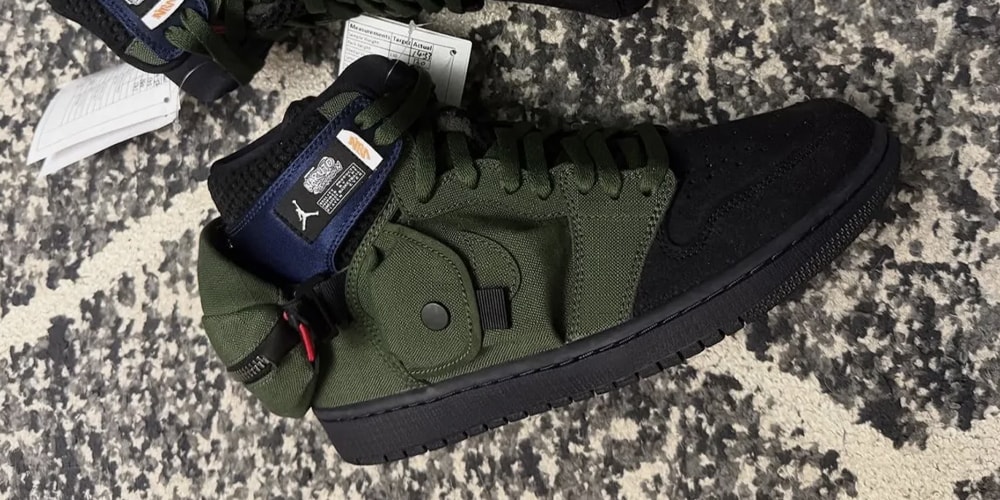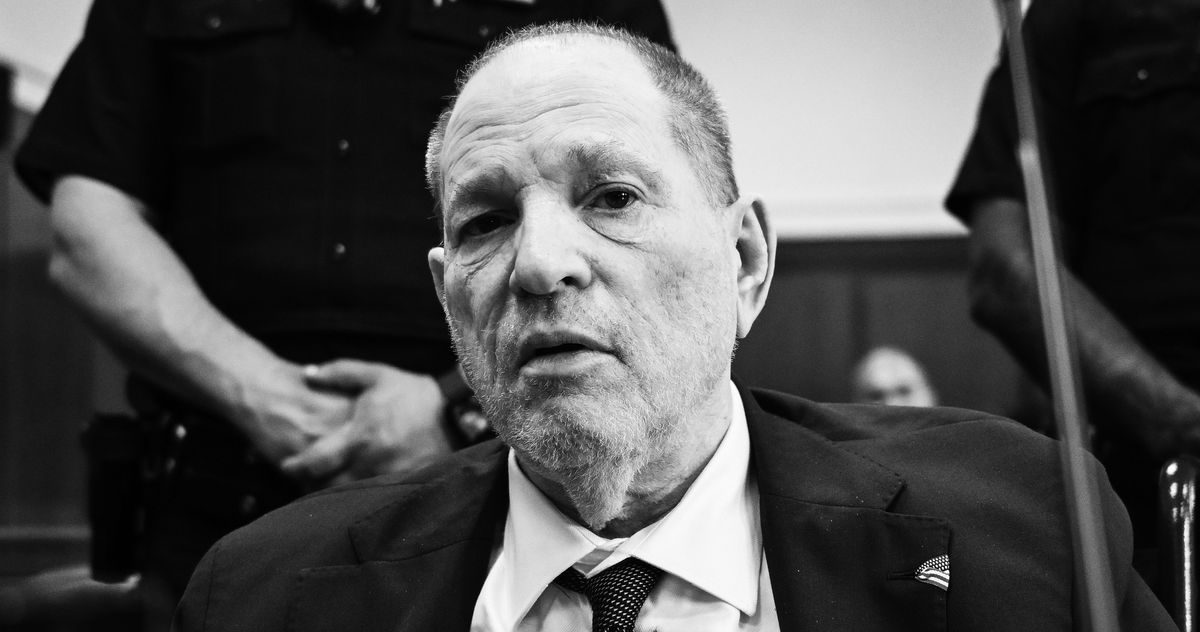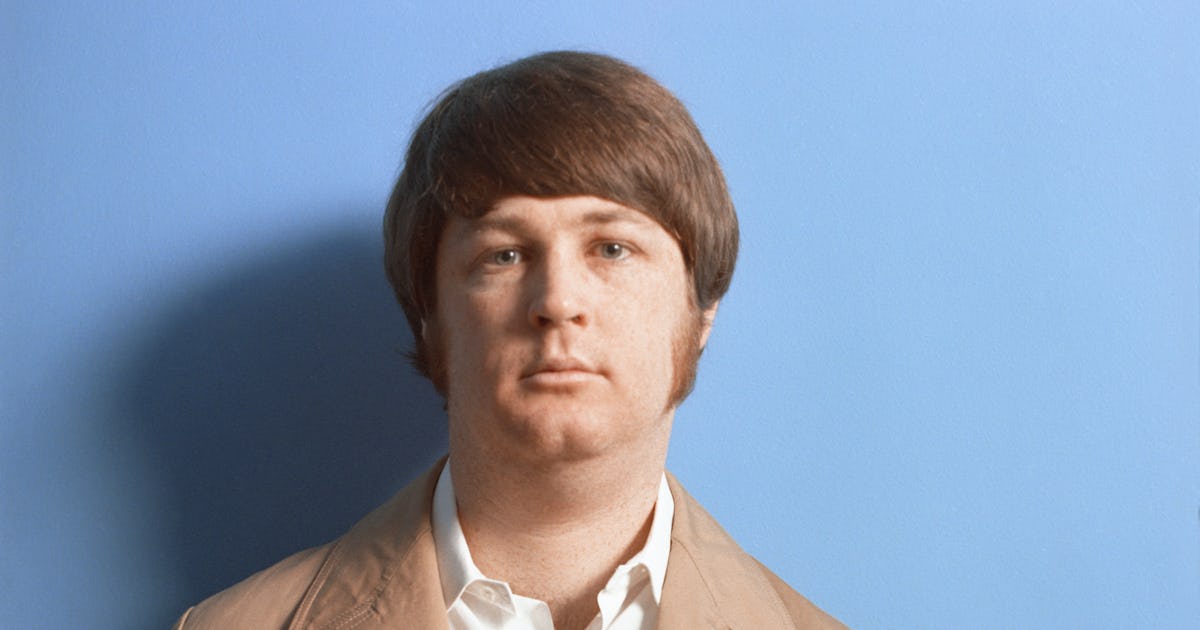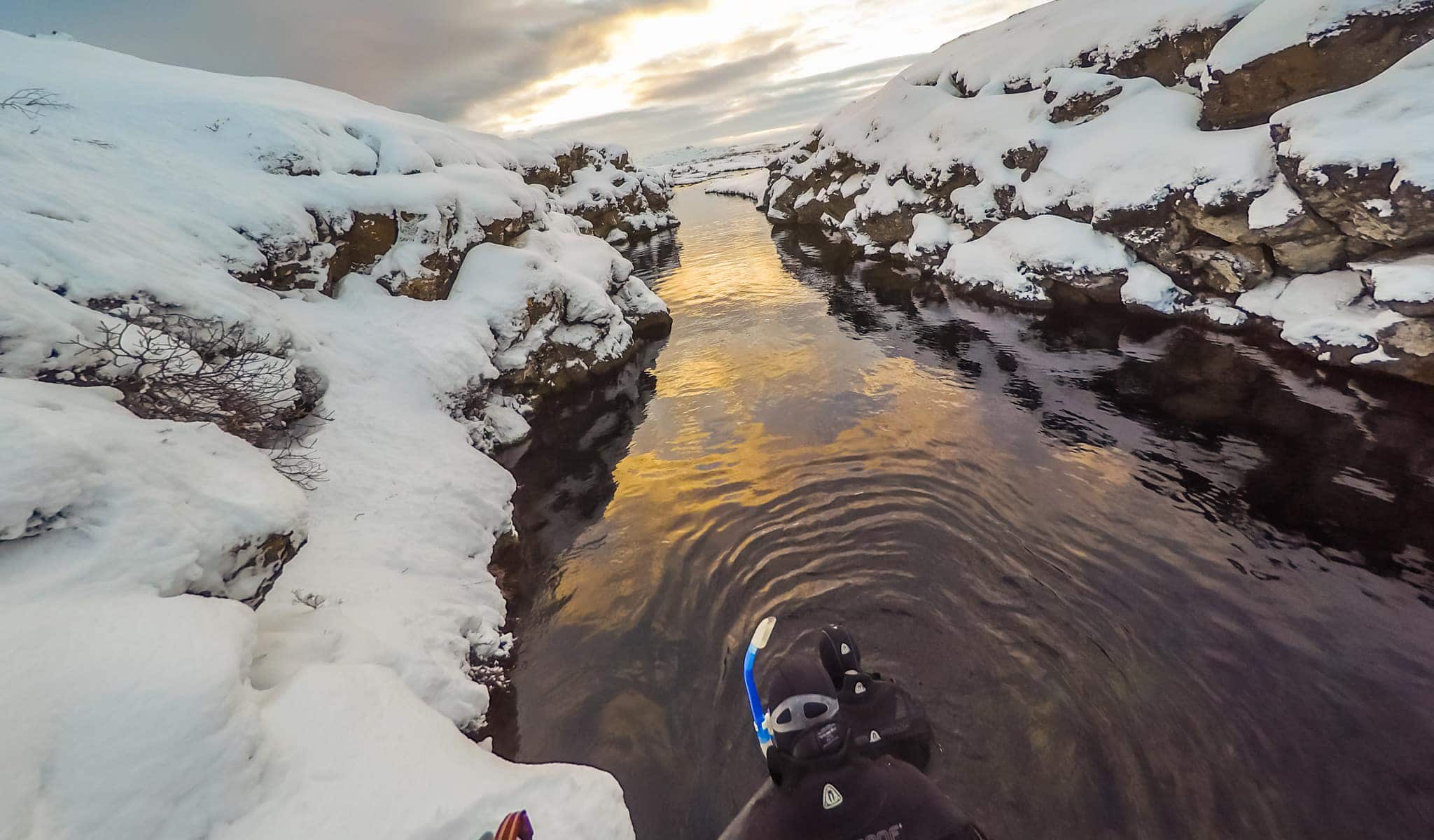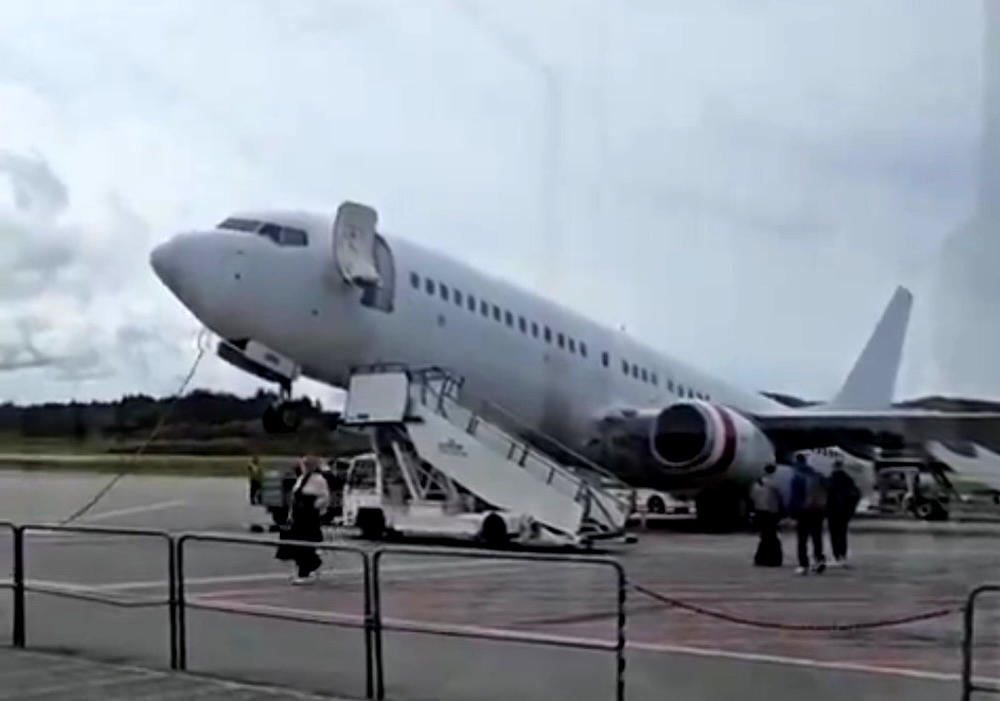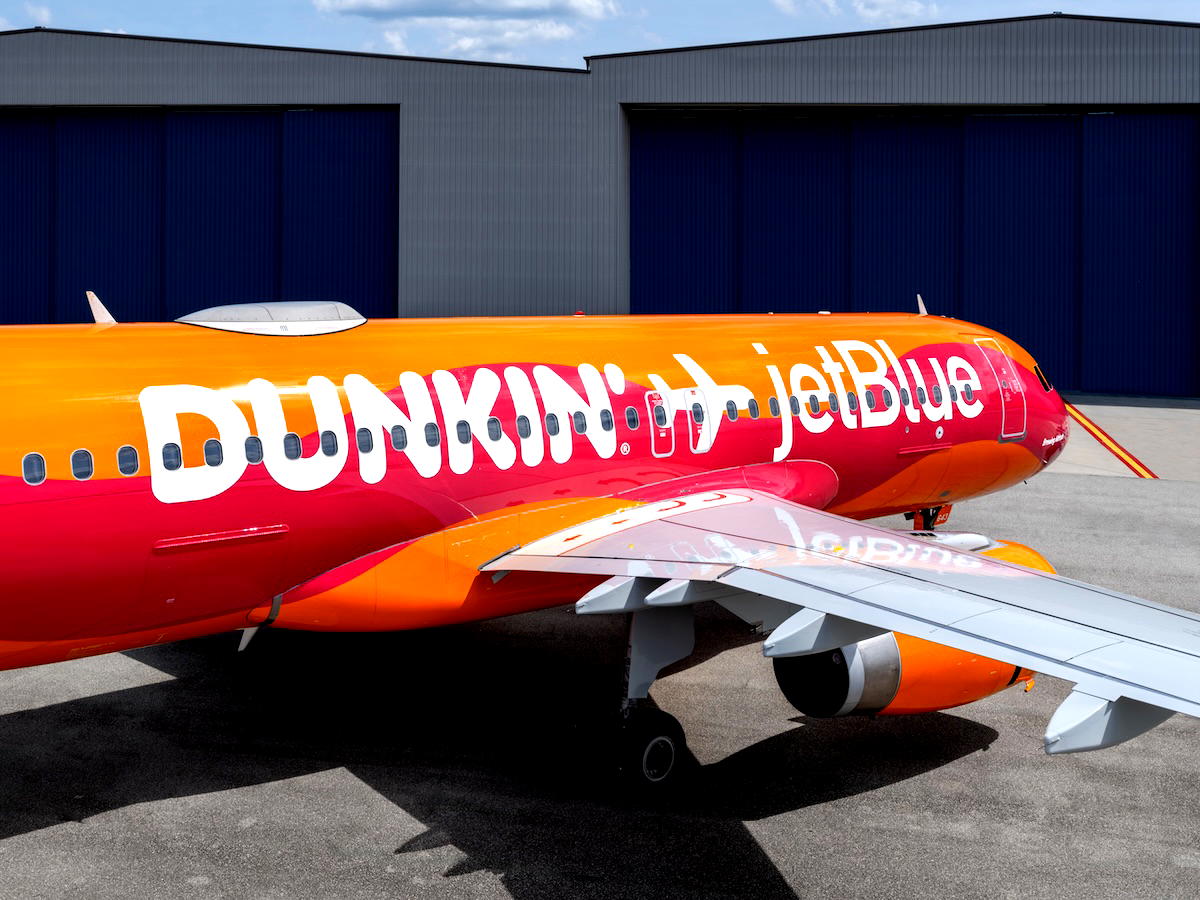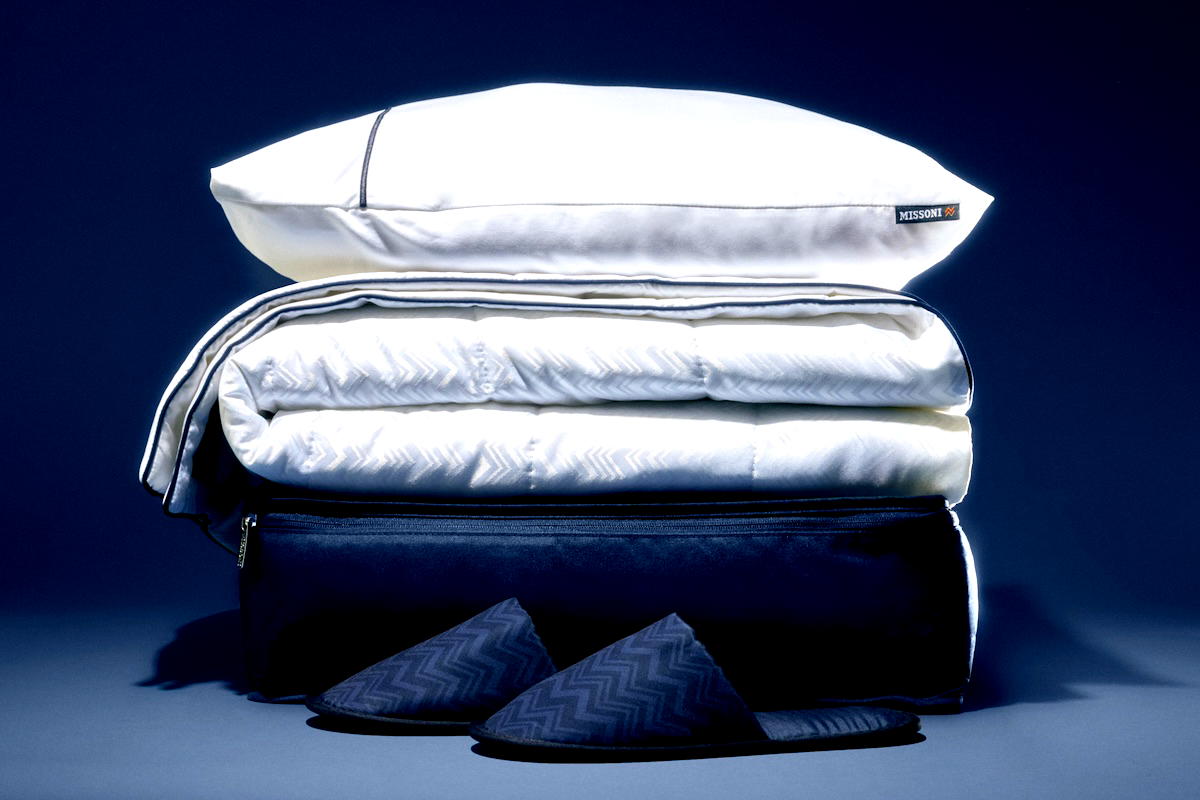Iceland’s PLAY Airlines Ends United States Flights, Plots New Strategy
In 2021, we saw the launch of PLAY Airlines, an ultra low cost carrier in Iceland that intended to use Reykjavik (KEF) to connect points in North America with points in Europe, just as Icelandair does. Unsurprisingly, this business model hasn’t proven to be a success, and the airline has been losing money since launch.

In 2021, we saw the launch of PLAY Airlines, an ultra low cost carrier in Iceland that intended to use Reykjavik (KEF) to connect points in North America with points in Europe, just as Icelandair does. Unsurprisingly, this business model hasn’t proven to be a success, and the airline has been losing money since launch.
While we’ve already seen PLAY update its business model a bit, we’re now seeing the biggest changes to date. There are plans for the airline to discontinue United States flights altogether, and even for the company to be taken private.
PLAY ending flights to the United States
PLAY has updated its route network, and has removed all United States flights from its schedule as of the winter season. Currently, the airline flies to Baltimore (BWI), Boston (BOS), and New York Stewart (SWF), and all of those routes will be ending in September and October 2025.
The airline previously had a significantly larger network in North America, but those flights have been unprofitable since launch. So while we’ve seen reductions, the airline is finally pulling the plug on this service altogether.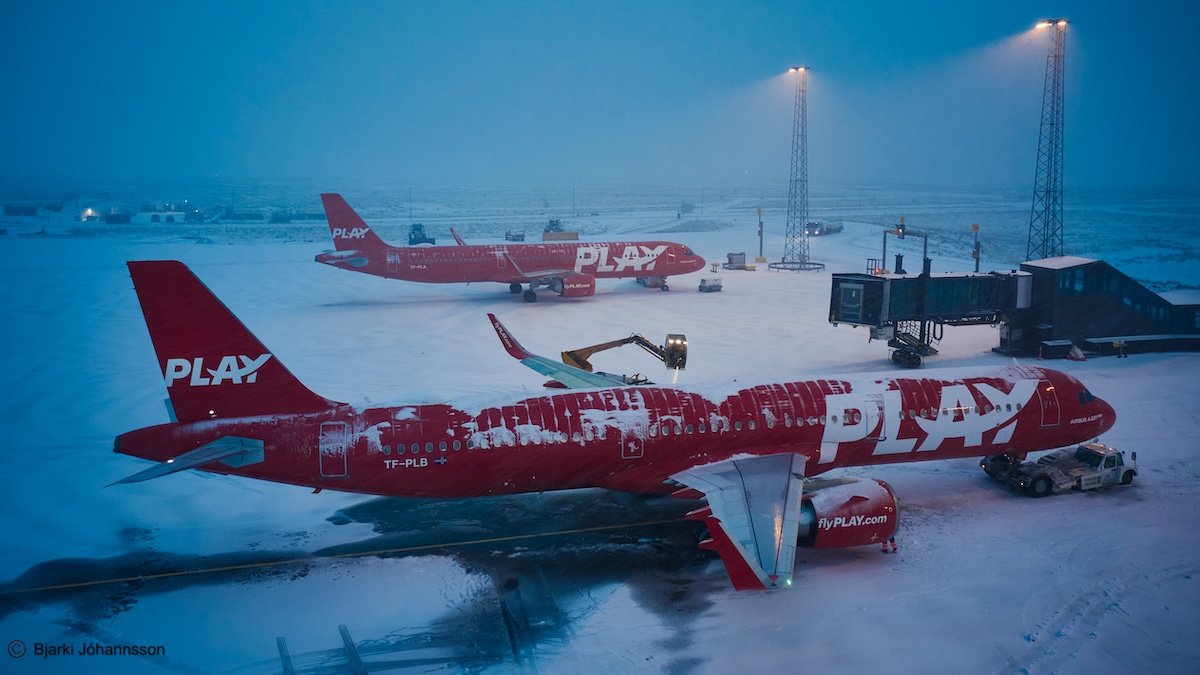
Since late 2024, the airline has been pursuing the strategy of increasingly focusing on strong leisure markets out of Iceland, while deemphasizing its business of connecting passengers between North America and Europe. So this is a logical extension of that strategy. For context, below is what PLAY’s current route network looks like.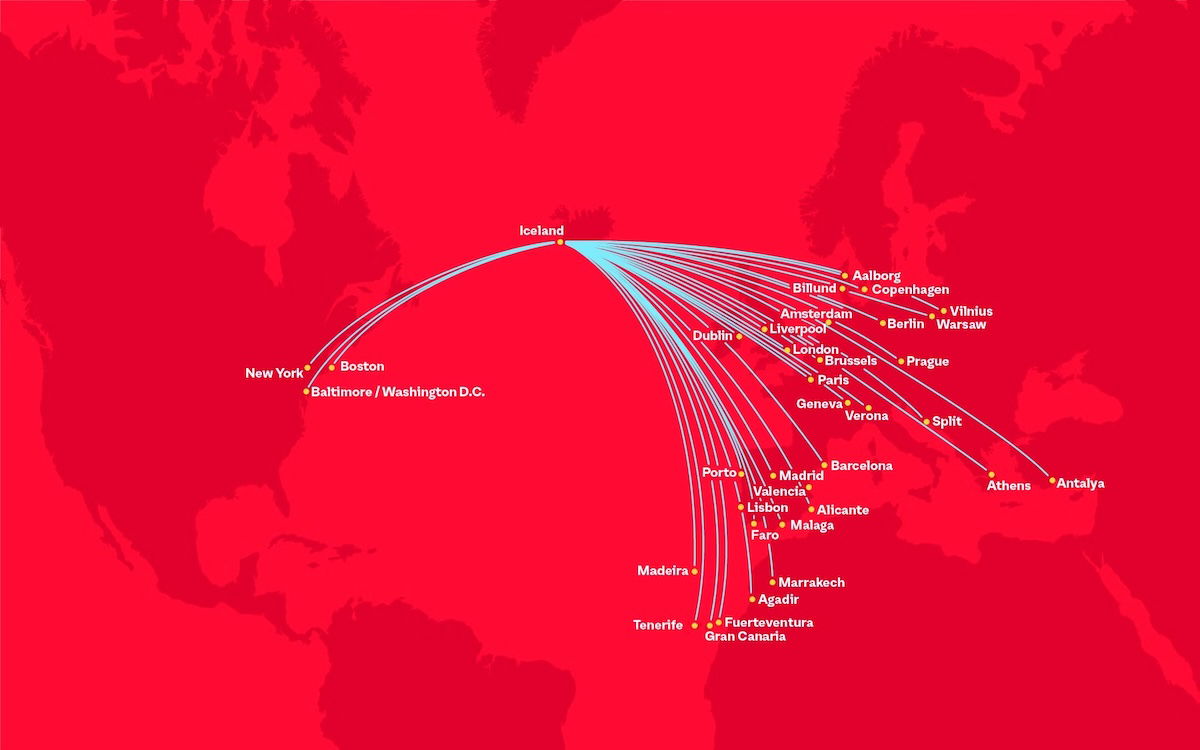
PLAY to be taken private, with new strategy
Separate from discontinuing flights to the United States, PLAY has announced that two of its largest shareholders, including the company’s CEO and Vice Chairman, intend to take the company private, with a voluntary takeover of all shares in the company. PLAY’s stock is down nearly 97% since going public, and it’s down even more compared to its high.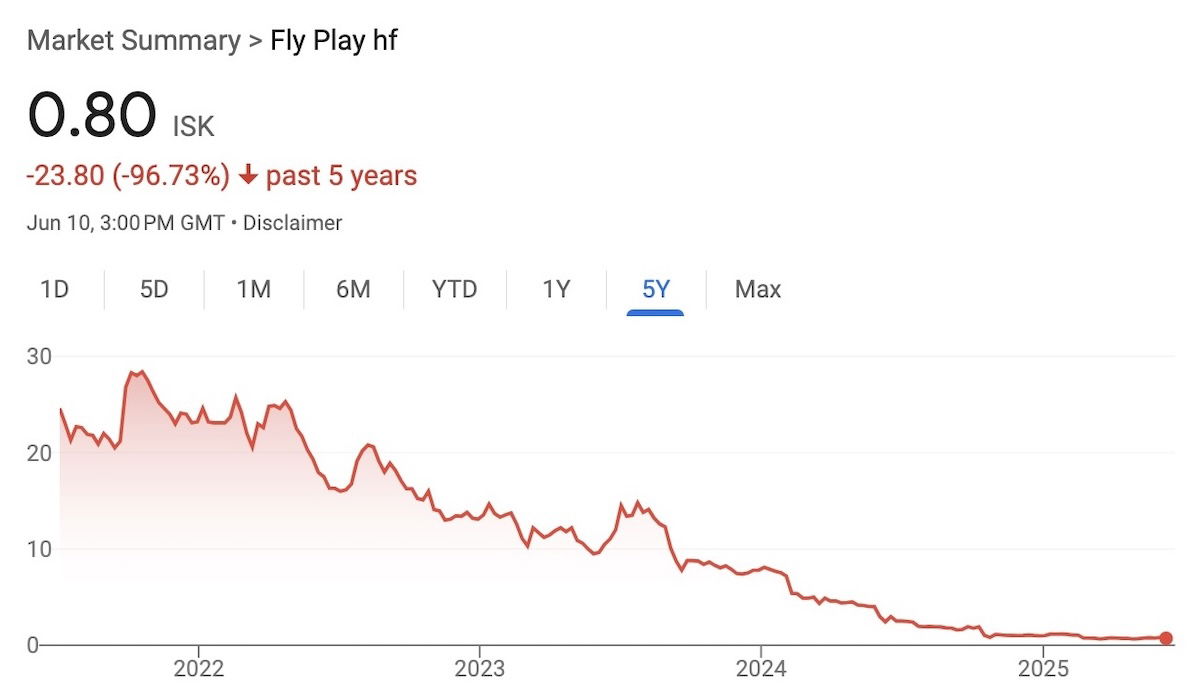
The offer is for 1.0 ISK per share, compared to the current price of 0.8 ISK per share. Given the company’s bleak outlook, that’s probably going to be as good as it gets.
What’s the strategy, with the company going private? The plan is to continue to have 10 aircraft in the PLAY fleet, but to utilize them differently:
- PLAY would fly four planes out of Keflavik, specifically to leisure destinations with high demand, including markets with a lot of VFR (visiting friends and relatives) traffic
- PLAY would dedicate six aircraft to a new Malta-based wet lease venture, whereby these aircraft would be leased out to other airlines
Below is part of the presentation about the changes to the business model. There’s some interesting and somewhat questionable claims here, if you ask me (in particular, about the external factors that have impacted PLAY’s lack of success)…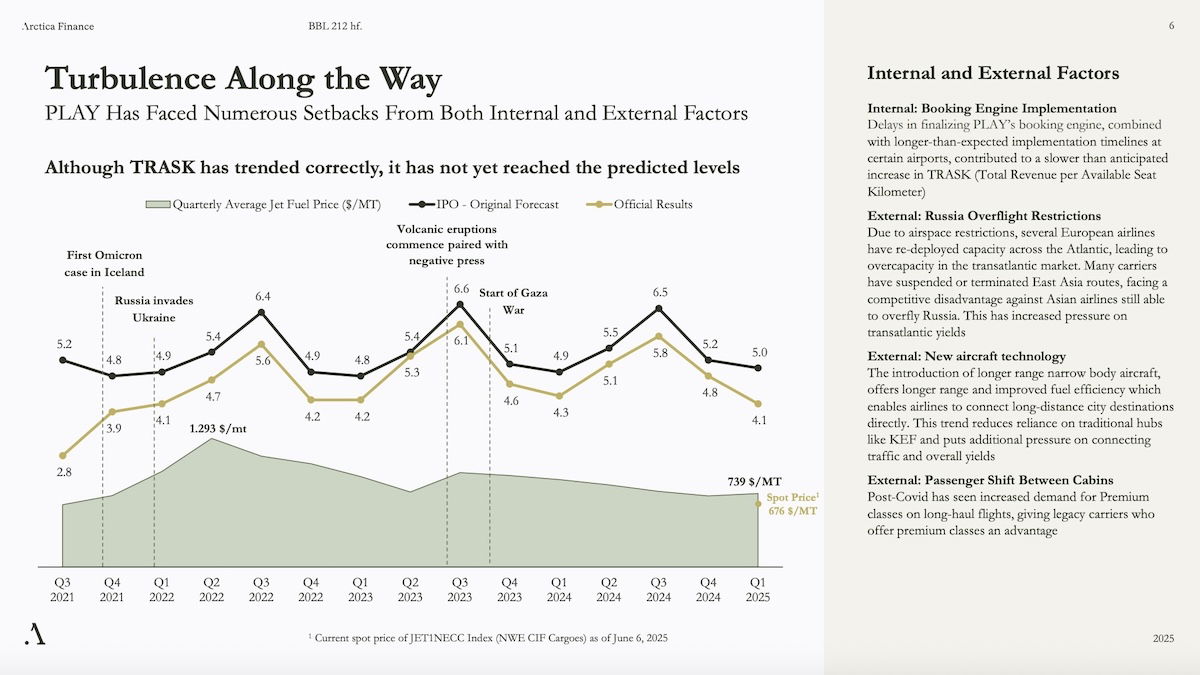
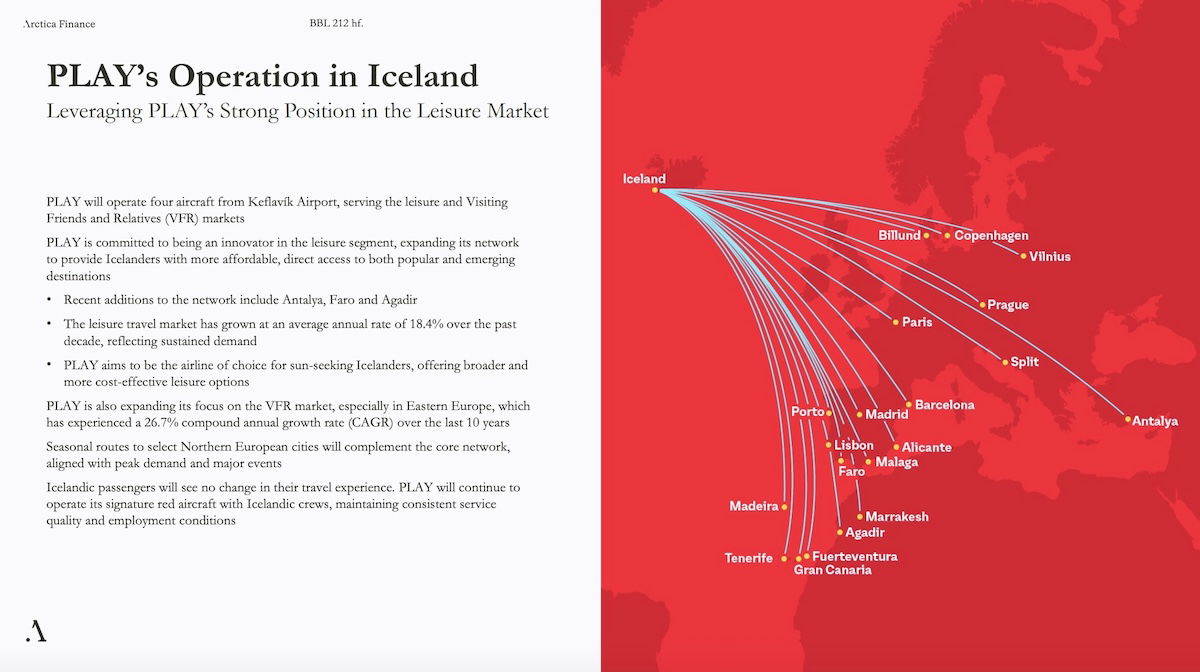
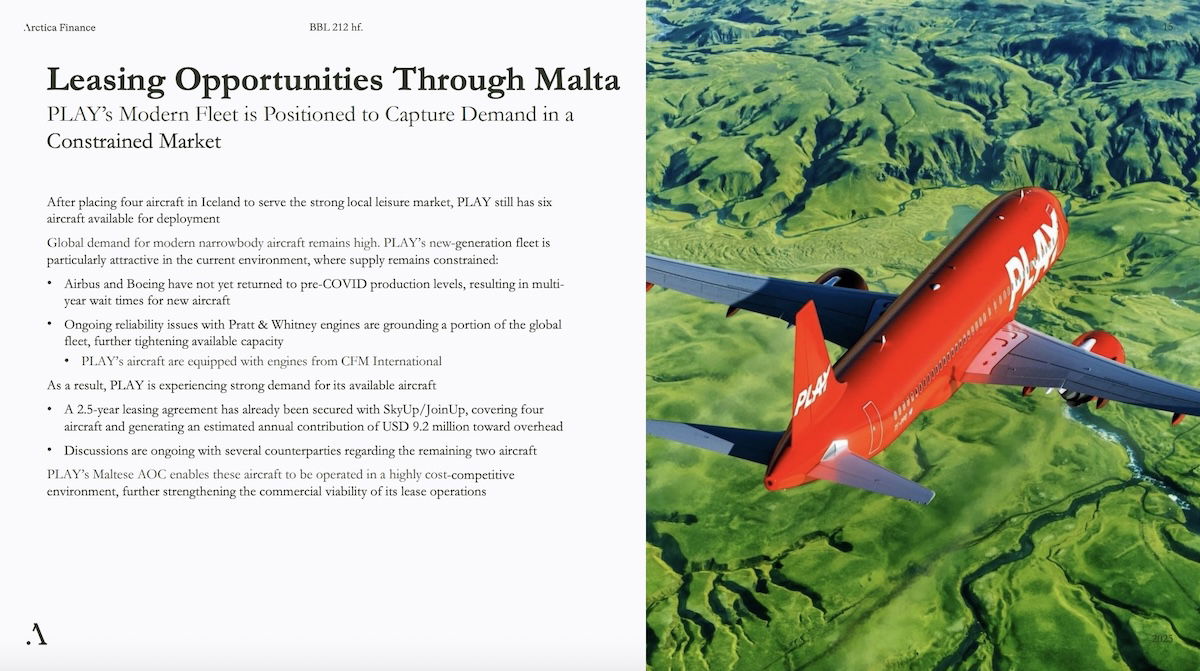
These changes to PLAY’s business model make sense
PLAY pivoting to focusing on point-to-point leisure flying and becoming a wet lease operator makes perfect sense. I’m not sure it’ll make the airline hugely profitable, but at a minimum, it should help with reducing losses.
The thing that I can’t wrap my head around is why anyone thought the initial business model made sense in the first place. Why do I say that?
Well, in 2019, Icelandic ultra low cost carrier WOW Air ceased operations, and had a nearly identical business model to PLAY. Heck, many of PLAY’s executives were former WOW Air executives. However, they believed things would be different this time around. Well, they weren’t, and somehow that’s a surprise.
But we’ve seen this over and over again. As another example, in 2021, Norwegian discontinued long haul flights, as the airline tried to operate as an ultra low cost carrier across the Atlantic. Then Norse Atlantic replicated exactly that business model. Again, it hasn’t proven to be a success, and the airline is also now increasingly transitioning to leasing out aircraft.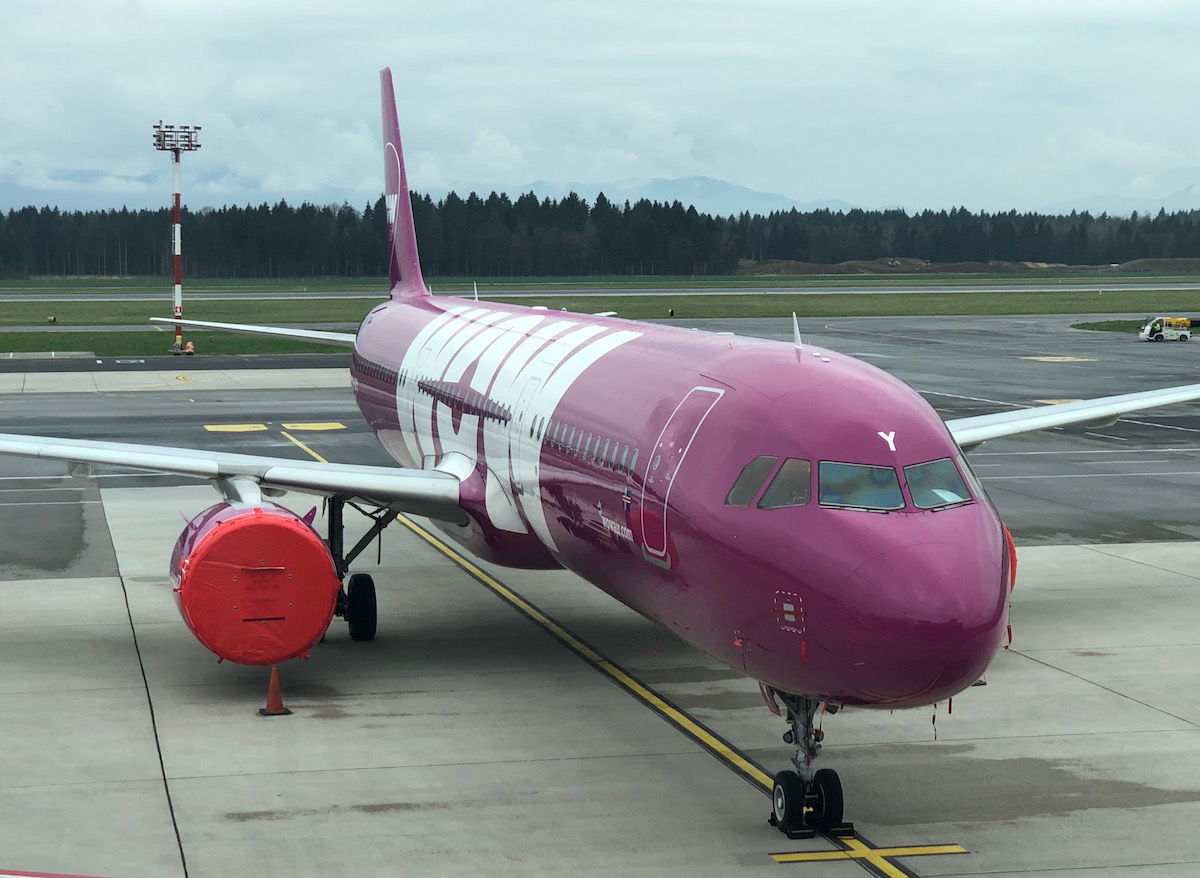
Bottom line
PLAY Airlines has been losing money since launch. This shouldn’t come as a surprise to anyone, since the company’s business model replicated WOW Air’s failed business model.
After years of losses, PLAY is finally giving up on competing in the transatlantic market, and is instead focusing on point-to-point leisure flying. There’s now also a proposal for the company to be privatized, and to lease out a majority of its fleet to other airlines.
What do you make of these updates at PLAY?



































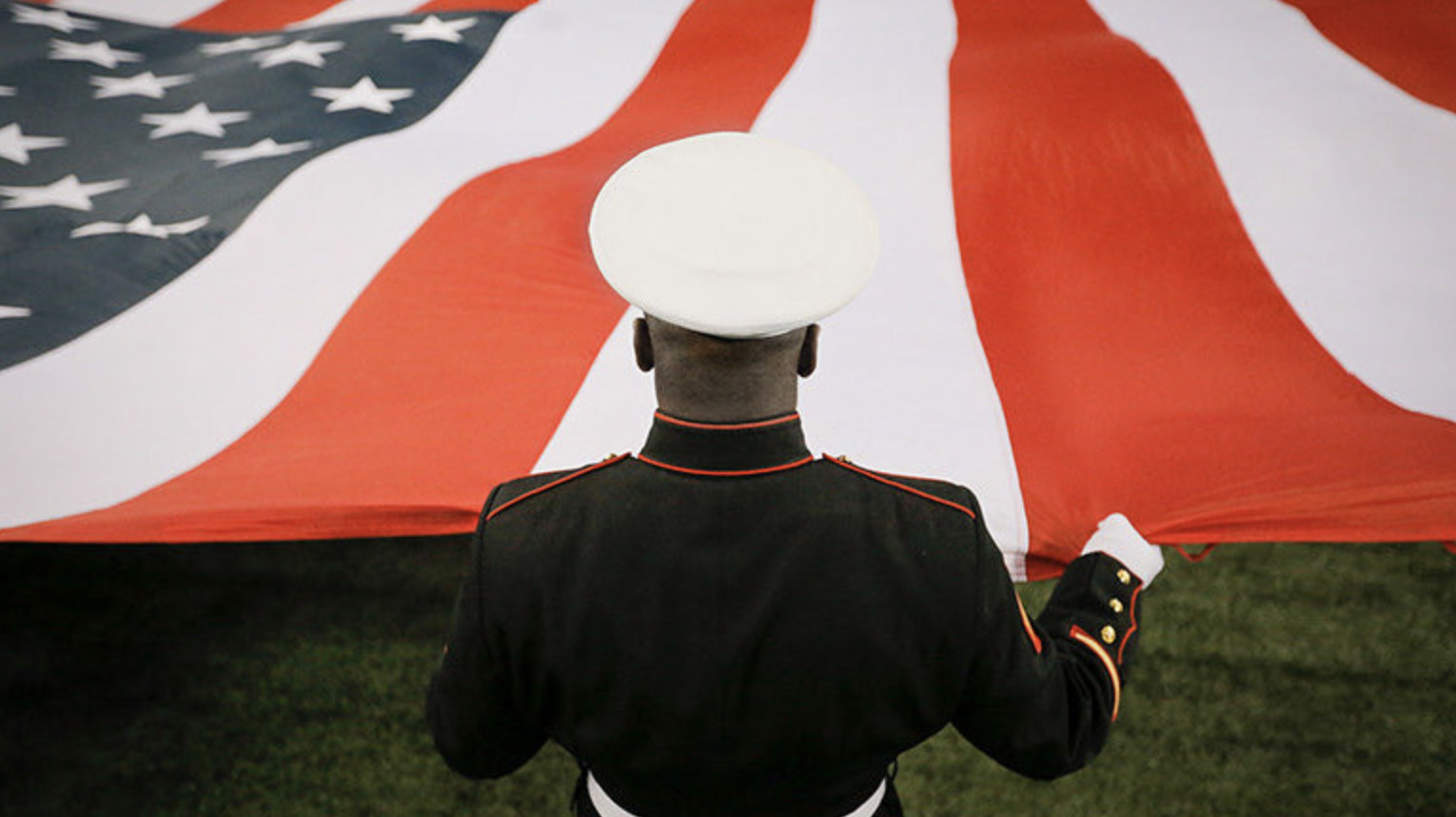

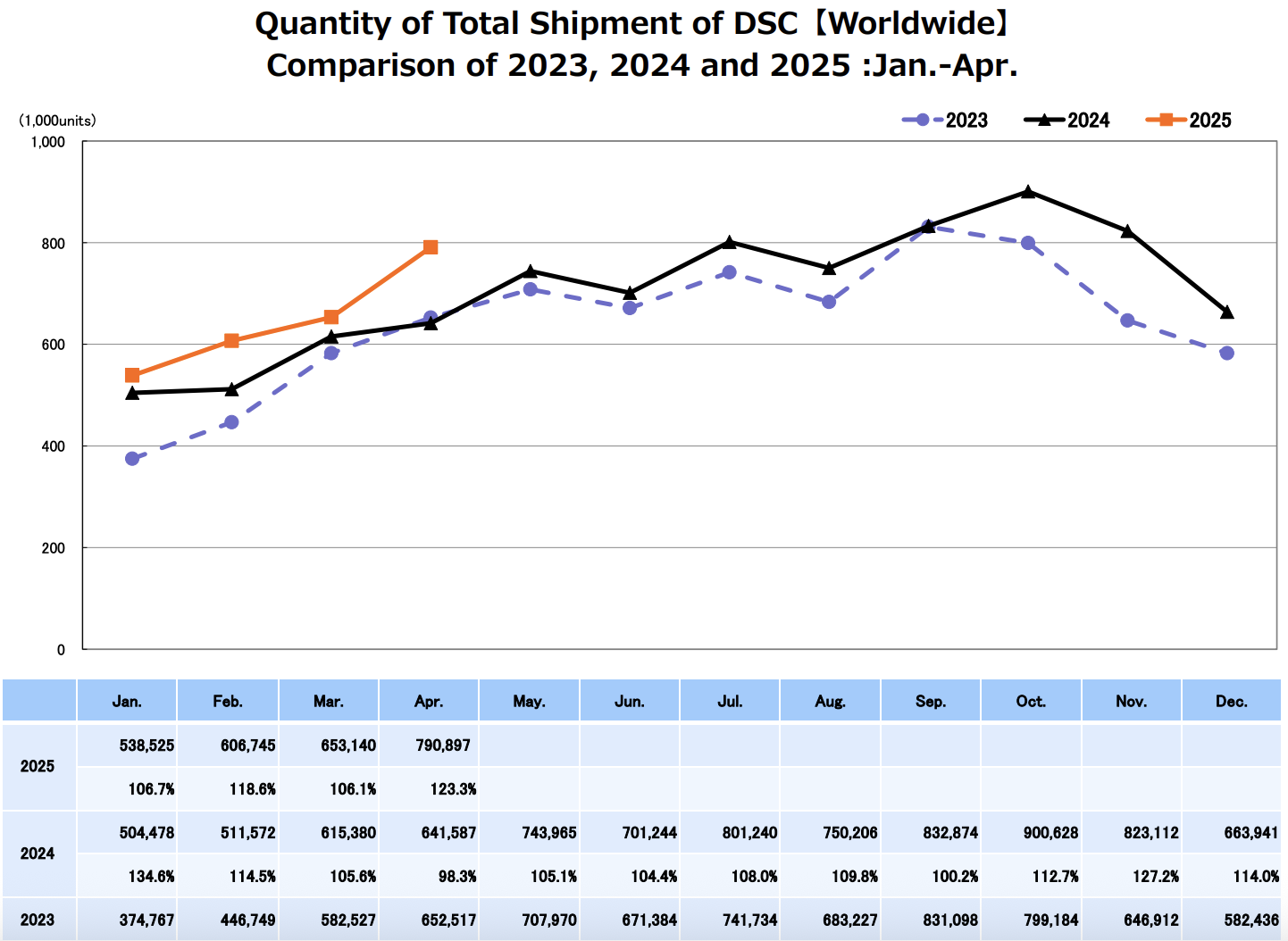




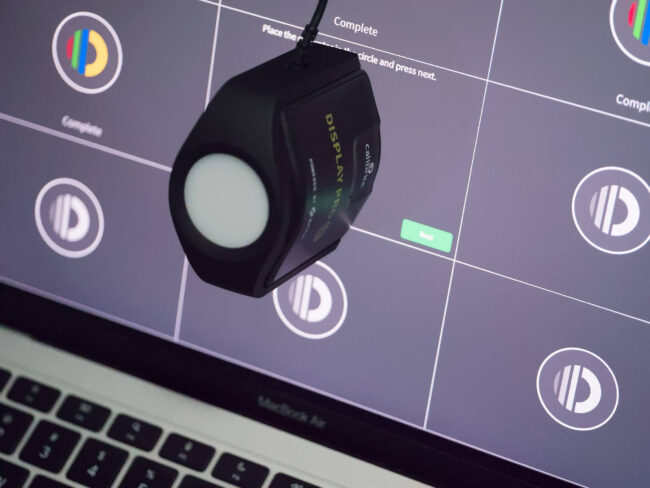
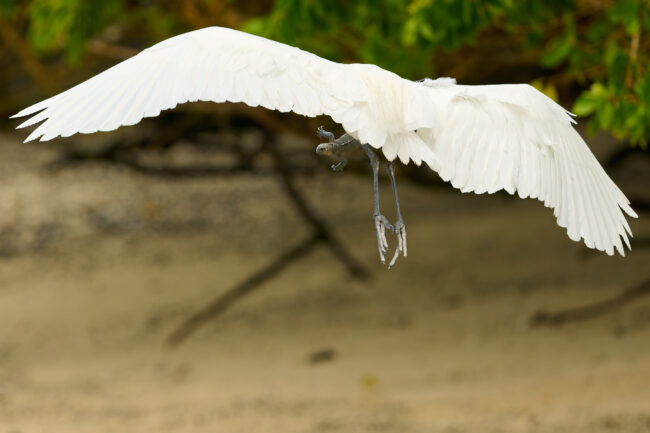







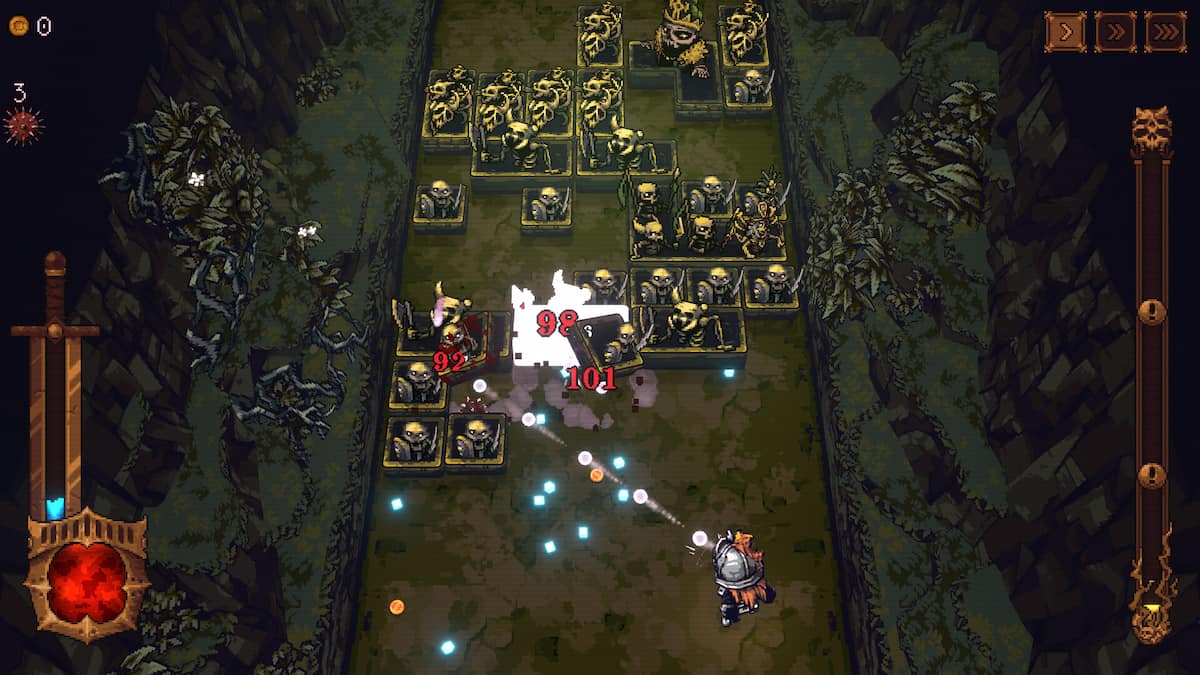
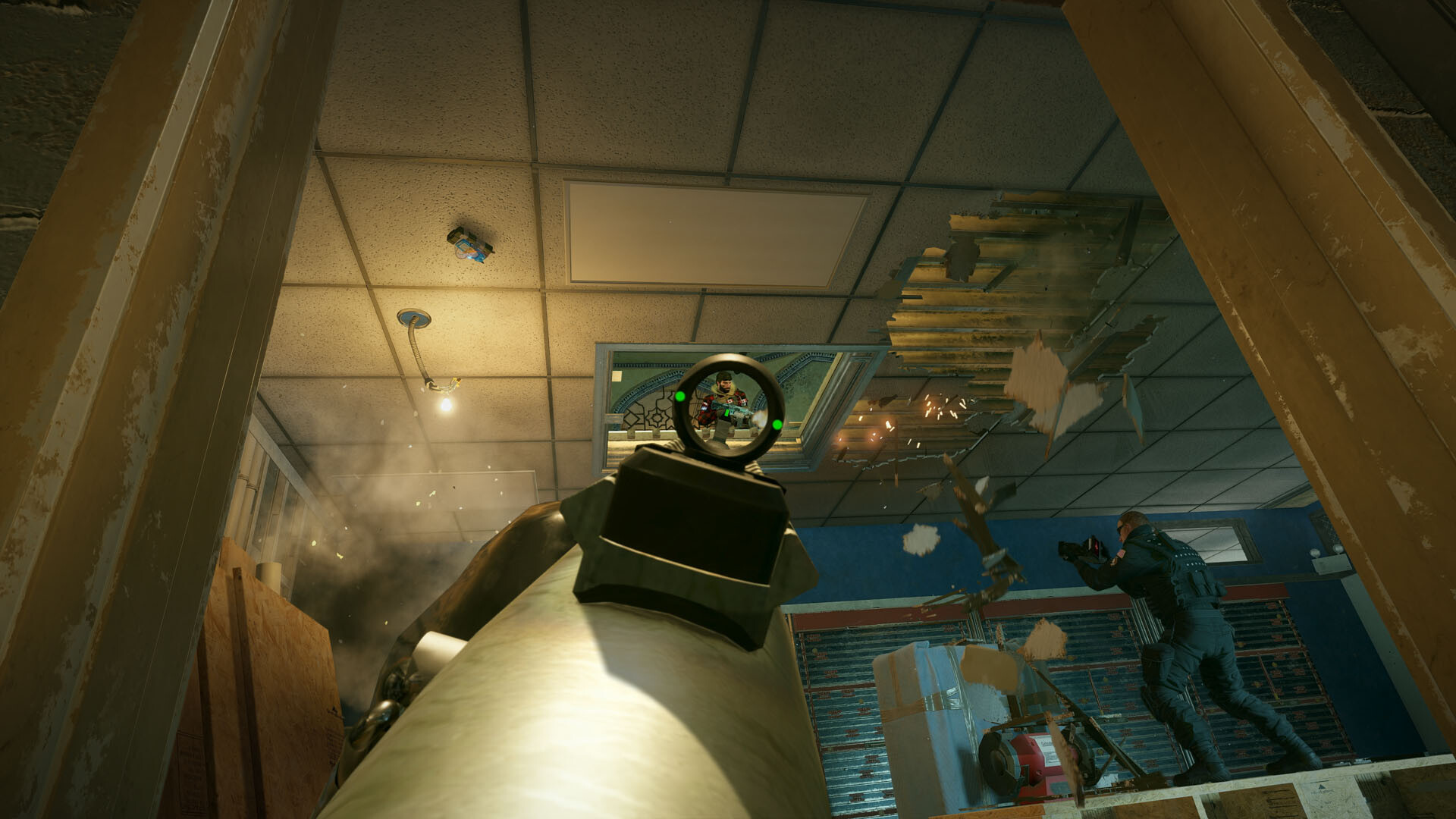
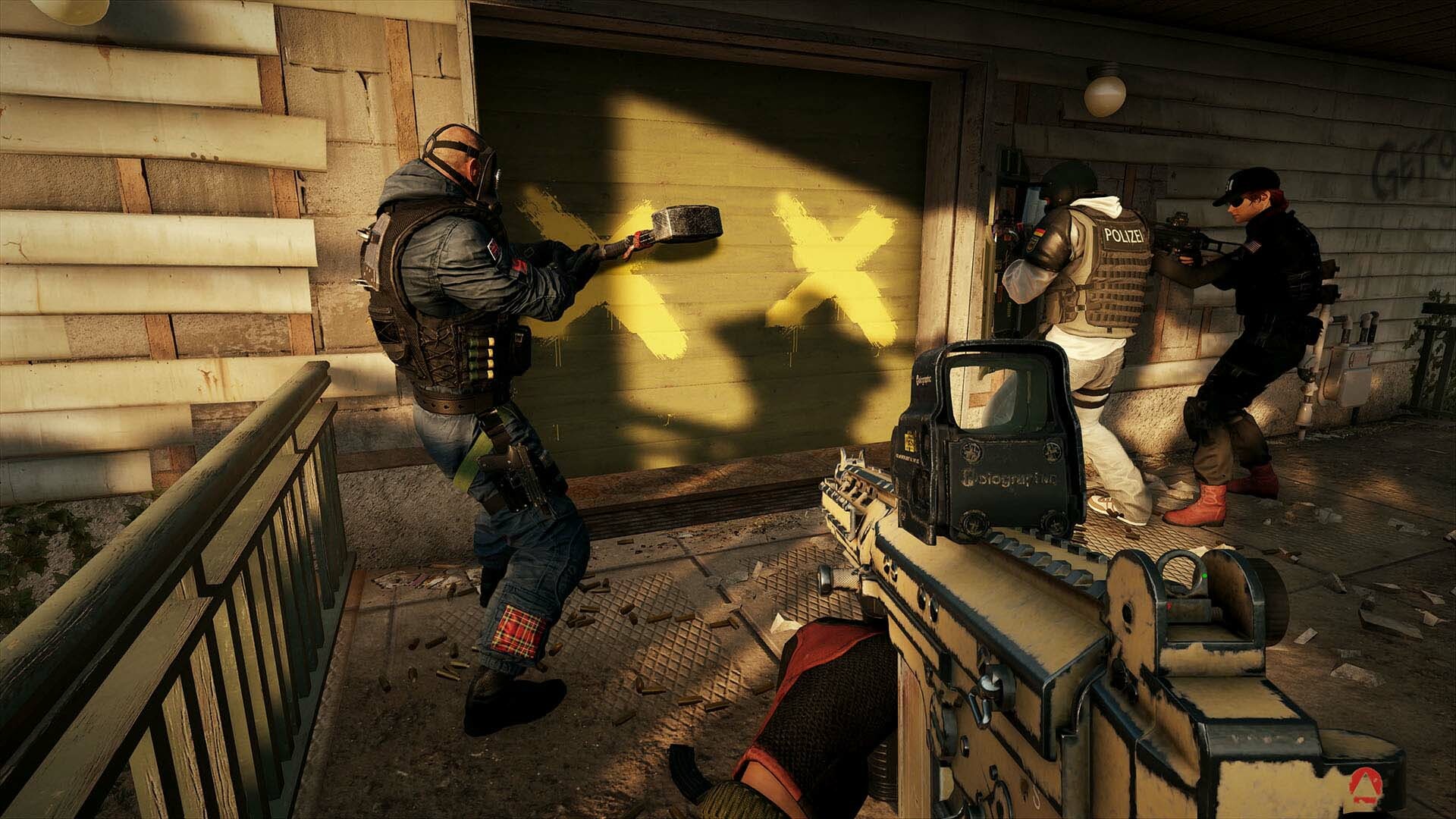







![ultimate: "I was overthinking too much, this caused my individual performance [to drop]"](https://img-cdn.hltv.org/gallerypicture/-UadcoXXvAHL1u2sXxdPmD.jpg?auto=compress&ixlib=java-2.1.0&m=/m.png&mw=107&mx=20&my=473&q=75&w=800&s=ecaf0a90caf83f25c2f28eb7894553b3#)










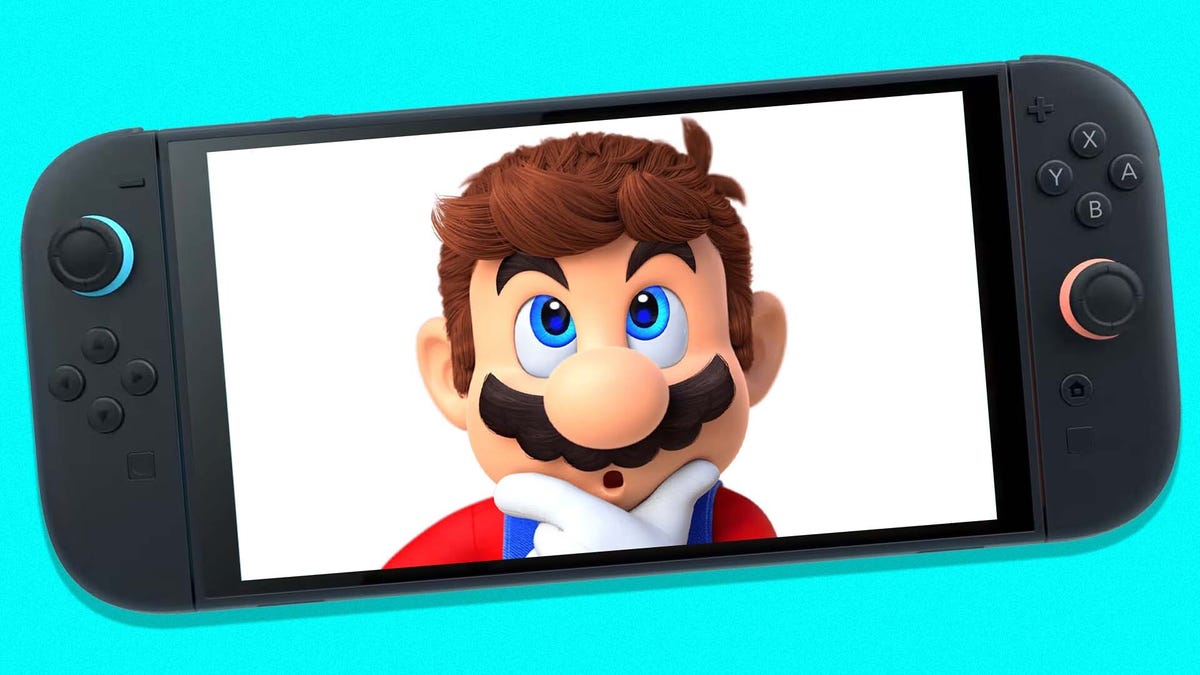










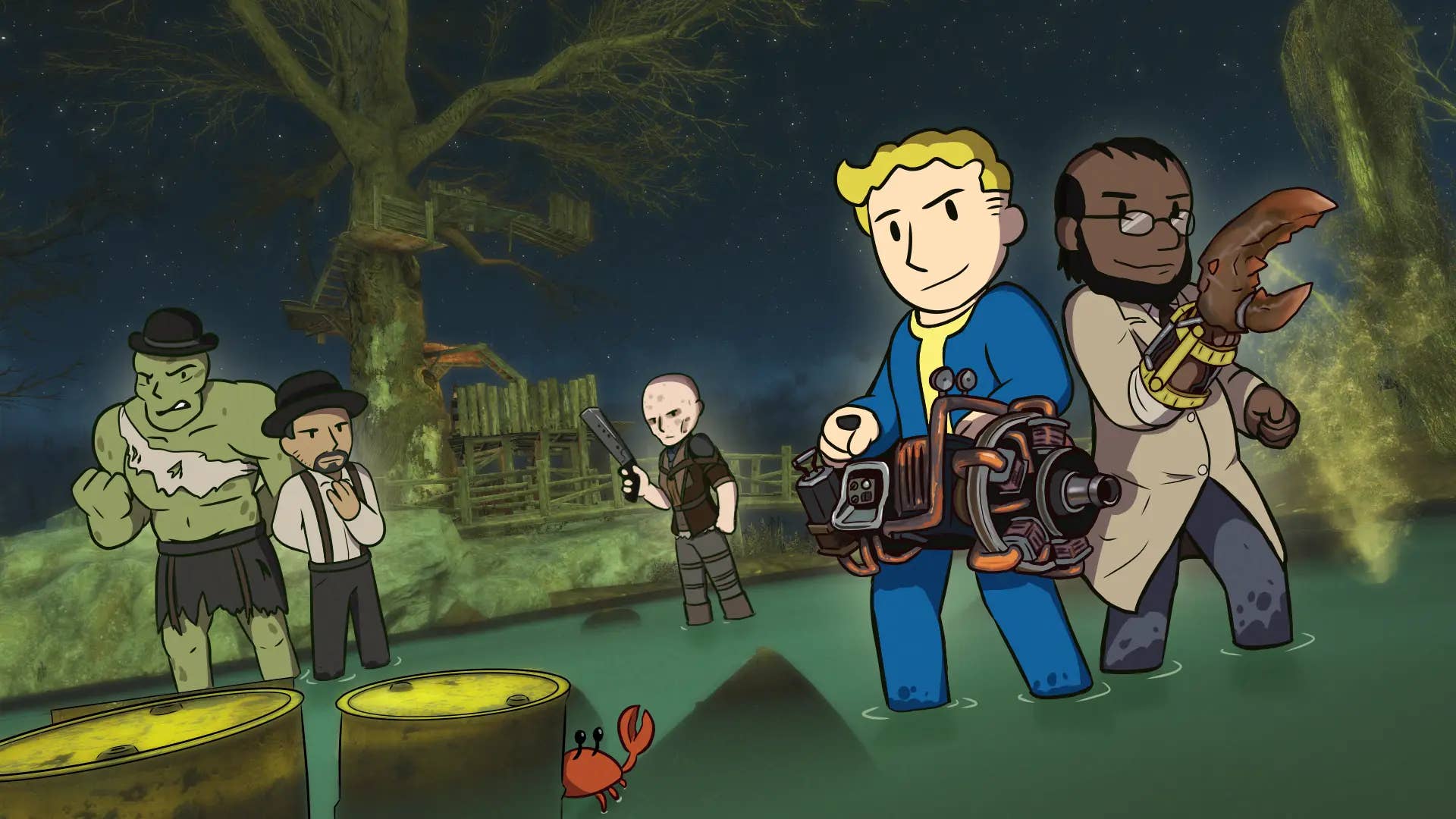




















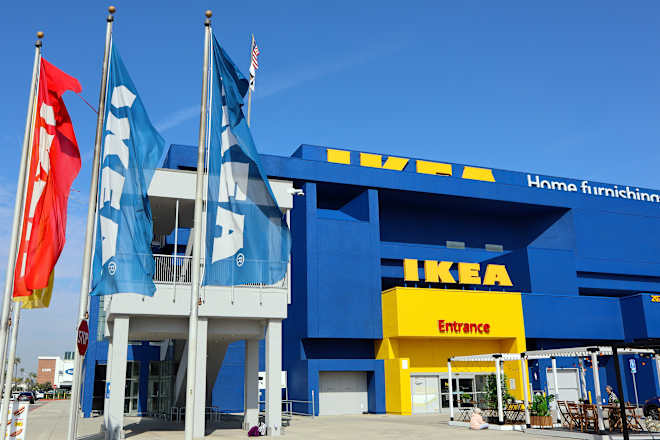


































































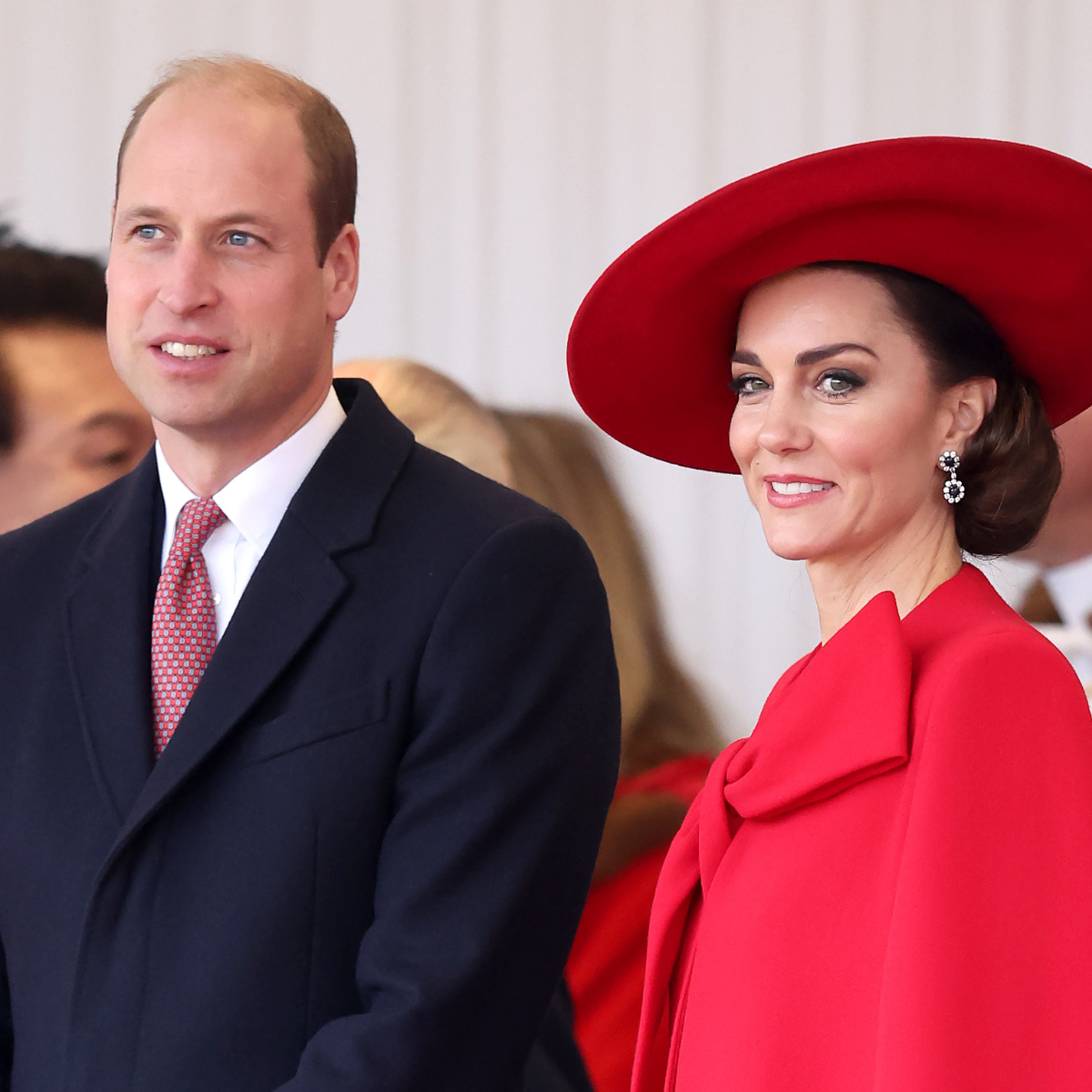








.jpg)

